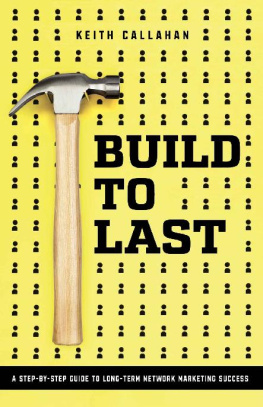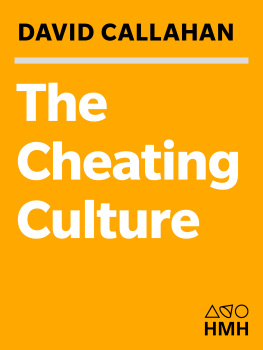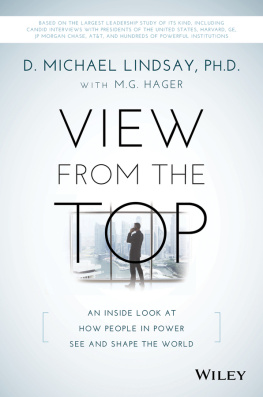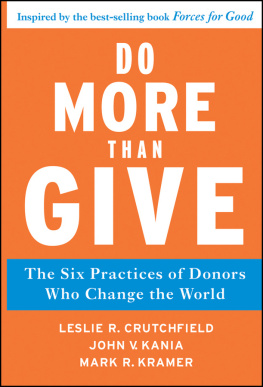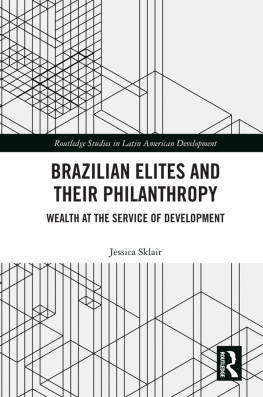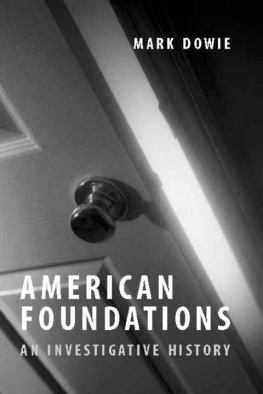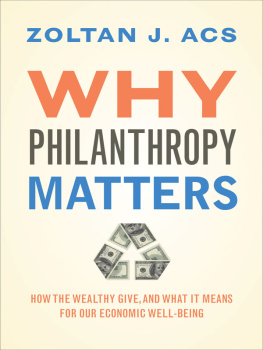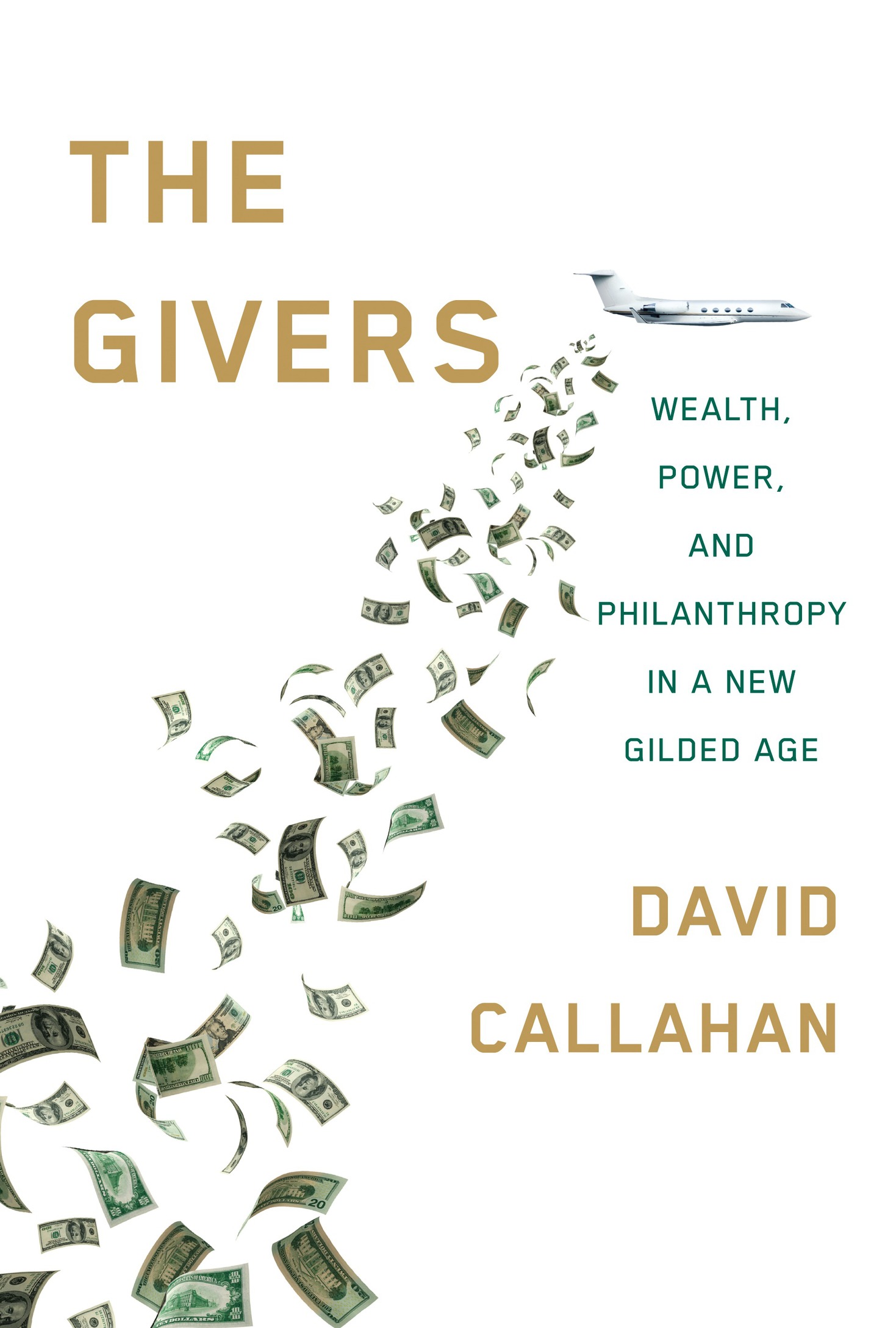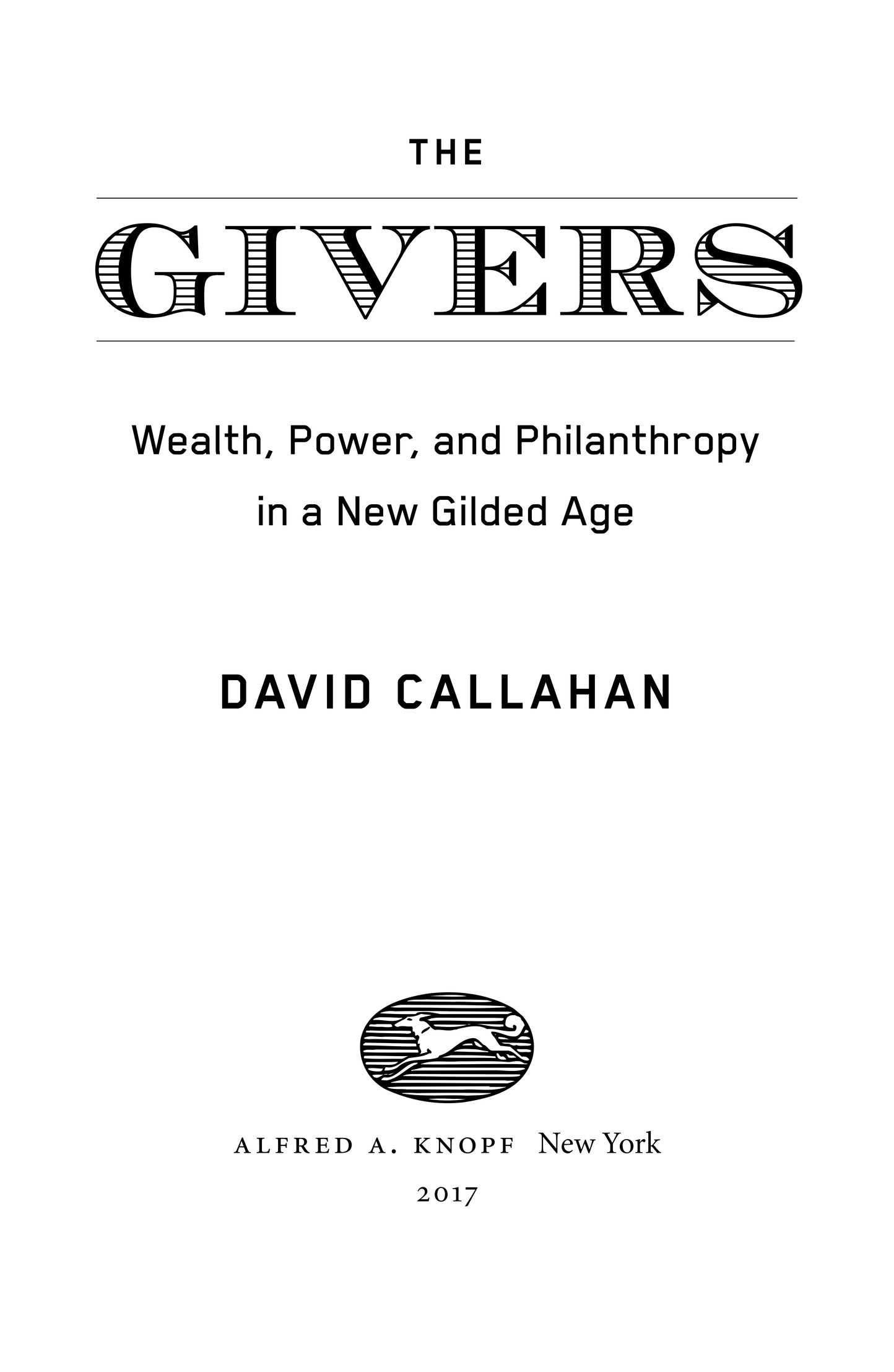Kindred Spirits: The Harvard Business Schools Extraordinary Class of 1949 and How They Transformed American Business
Between Two Worlds: Realism, Idealism, and American Foreign Policy After the Cold War
THIS IS A BORZOI BOOK PUBLISHED BY ALFRED A. KNOPF
All rights reserved. Published in the United States by Alfred A. Knopf, a division of Penguin Random House LLC, New York, and distributed in Canada by Random House of Canada, a division of Penguin Random House Canada Limited, Toronto.
Knopf, Borzoi Books, and the colophon are registered trademarks of Penguin Random House LLC.
Cover images: (plane) Timm Ziegenthaler / Stocktrek / Getty Images; (money) Kyu Oh / E+ / Getty Images
Prologue: The Great Power Shift
What wasnt to like?
On December 1, 2015, Mark Zuckerberg and Priscilla Chan pledged to use 99 percent of their shares in Facebook to make the world a better place. The occasion for this announcement was the birth of their daughter, Max, and the pledge took the form a letter to herposted, naturally, on Facebook. It was sweet and earnest. More important, those shares were worth about $45 billion, enough money to do a whole lot of good.
Yet that vast pile of wealth also perfectly embodied the excesses of a new Gilded Age. It was an almost unfathomable sum, larger than the annual budgets of thirty-two U.S. states, and greater than the combined wealth of the bottom fifth of American households.
In their letter to Max, which Zuckerberg and Chan had worked on for weeks, even making last-minute changes at the hospital, the couple said that among their goals in giving away all their money was to promote equality so everyone has access to opportunity regardless of the nation, families or circumstances they are born into.
Here was one kind of solution to an age of vast and vexing inequality: The richest of the rich could give all the money back. Who could possibly complain about such an act of generosity?
Wow, wrote Bill and Melinda Gates, in a note of support to Zuckerberg and Chan. The example youre setting today is an inspiration to us and the world. Warren Buffett added: Mark and Priscilla are breaking the mold with this breathtaking commitment. A combination of brains, passion and resources on this scale will change the lives of millions. On behalf of future generations, I thank them.
As it turned out, though, not everyone lined up to thank the tech tycoon and his pediatrician wife for one of the largest philanthropic pledges in history. The backlash to the announcement was swift and surprisingly fierce. ProPublicas Jesse Eisenberg, writing in the New York Times, blasted the couples choice to create a limited liability corporation, the Chan Zuckerberg Initiative, to handle their good works. That structure would allow them to avoid taxes, as well as oversight, said Eisenberg, since LLCs dont have to disclose their activities like traditional foundations. Eisenberg wrote that we are turning into a society of oligarchs. And I am not as excited as some to welcome the new Silicon Valley overlords.
Other critics echoed these points, piling on with charges that Zuckerberg and Chans non-charity charity, as The Atlantic dubbed it, amounted to tax avoidance and an undemocratic power grab. The money should more rightfully go to government, some said.
The pushback was baffling to the young couple, who were barely in their thirties and saw themselves as anything but overlords. Zuckerberg came from a fairly typical upper-middle-class family in Dobbs Ferry, New York, just north of Manhattan, the son of a dentist and a psychiatrist. Priscillas background was far more humble. Her father had come to the United States after fleeing Vietnam in the 1970s and spending time in a refugee camp. He worked brutal hours running a Chinese restaurant in Boston, and her mothers hours were just as long. Priscilla was largely raised by her grandmother. During her four years at Harvard, she had worked at an after-school program serving low-income kids in Dorchester housing projects. As a pediatrician, much of her work was with underserved communities. I work with families on the front lines, Chan told me. My entire career has been about public service. Not long before giving birth, she had started a new primary school in the heavily Latino community of East Palo Alto, California. At Chans urging, Mark had once taught a weekly class in East Menlo Park, another struggling corner of Silicon Valley.
Unlike many winners in the new economy, Zuckerberg and Chan had actually made the time and effort to cross Americas vast income divide, helping out in a hands-on way. They were also deeply serious about doing their philanthropy well, consulting with numerous experts, trying to learn from their mistakes, and working to meld their very different strengths. Mark is a great engineer and systems builder, Chan said. He teaches me how to build organizations, how to think about scale. I teach him about what its like to actually be on the front lines. They were determined to start giving early, and at a large scale, because it seemed like a waste not to put their wealth to good use sooner rather than later. As well, they wanted to have a long runway to get better at philanthropy. We have an incredible opportunity.
Chan took the lead on many of the day-to-day tasks of building the infrastructure needed to give away billions. She saw the mission, in large part, as helping the part of America that she had grown up inneglected communities where families were trying to struggle upward, or just survive, often against immense odds. People are working as hard as they can, but there are systemic obstacles, Chan told me. That wasnt right. We want everyone to have the same opportunities. Still, even as she and Zuckerberg earnestly set forth to give away more money than nearly anyone in history, they were being cast in a suspect light.
This wasnt the first time that Zuckerbergs giving had sparked a backlash. Starting in 2010, he had bankrolled a controversial effort to reform Newarks public schools that, to critics, showcased how ordinary citizens got elbowed aside as activist donors worked to reshape public institutions. In turn, Zuckerberg was hardly the first mega-philanthropist in U.S. history to be viewed with deep suspicion. Over a century earlier, John D. Rockefellers proposed foundation had been denounced by the U.S. attorney general as an indefinite scheme for perpetuating vast wealth that was entirely inconsistent with the public interest. Another U.S. official criticized the Rockefeller familys huge philanthropic trusts as a menace to the welfare of society.


